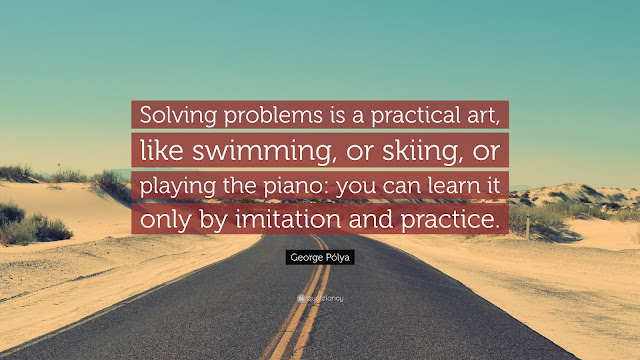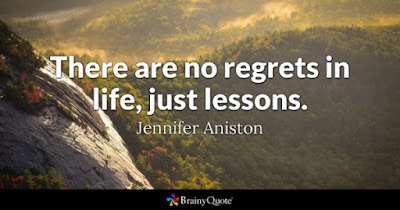Problem Solving 101
Sometimes problems appear as something that is broken that you need to fix. Other times problems present as needing to learn something new. Or the problem may be an interaction with another person that is challenging. I don't claim to be an expert in solving problems, but I work in IT so I've faced my fair share of problems that need to be solved. When I have a difficult problem I'm faced with I usually run the gambit of emotions most people go through at one point or another: frustration, anger, apathy, sadness, passion, focus and determination. I often have to remind myself that I need to step back, put my emotions aside and put a plan in place to solve the problem. Rarely do problems just go away, (though sometimes they do because God does give us miracles we can't explain) and rarely does someone else just solve my problems for me (though sometimes you have people to help you find a solution). Once I accept I'm stuck with my problems, what do I do next? I was faced with an interesting challenge recently and I found myself coming back to these key steps, the same ones I've been taught and learned over the years that I rely on every time I'm faced with a tough problem.
- Start from square one - this is the most important step. A challenging problem usually starts out as what you think is a simple problem, but when what you've initially tried doesn't work you realize you have a bigger problem. Stop guessing at what is next and take it through every detail, from the beginning.
- Don't generalize - really make sure you have things clear. Steps involved, all variables and values clearly defined.
- Lay out all the options - you don't have to list every conceivable option, but don't stop with the first one or two that come to mind. You probably have other options to consider so really think outside the box.
- Track every change you make - every time you adjust a variable, document it. Know what you changed so when you have the result you desire you will know what corrected it. This is important to start doing as early as possible. If you get into it and try to figure out everything you've already changed you probably don't remember and now you have unknown variables you are dealing with and made your problem harder.
- Don't guess, prove it - This is another common issue, certain variables are eliminated because you think they can't possibly be the cause. Don't assume something isn't a factor, prove it. Try to isolate the variable or gather data that proves something isn't a variable.
Solving problems is something we all have to do, whether you like it or not. You might as well accept that and arm yourself with some strategies that will help you through it the next time you find yourself banging your head against the wall. What are your key strategies when you are working on a difficult problem?




Comments
Post a Comment